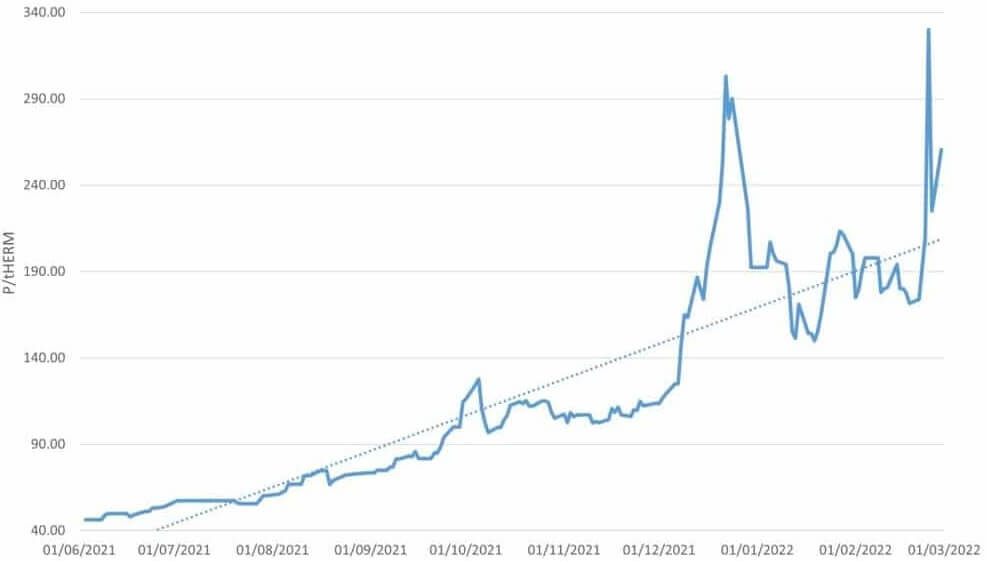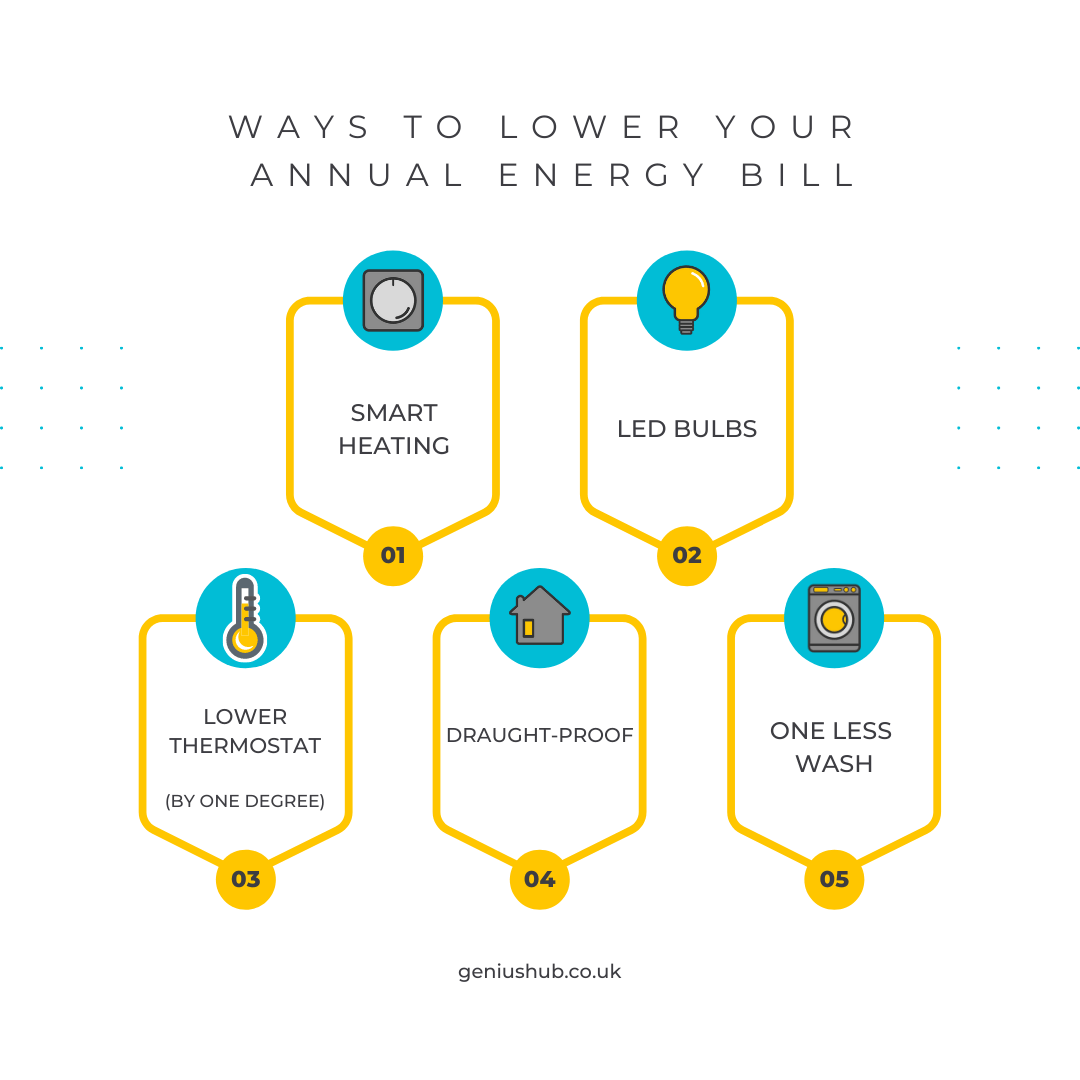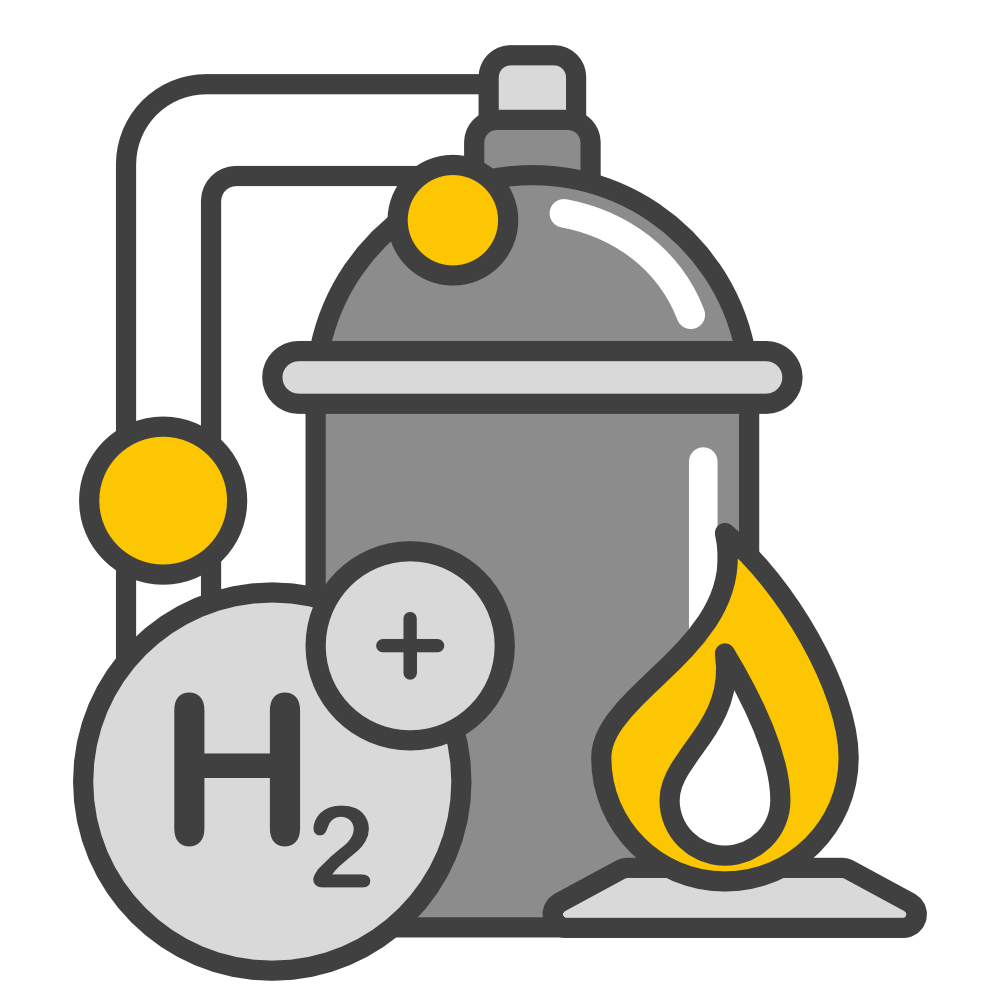
We take a look at the future of natural gas and home heating
It’s being dubbed ‘the perfect storm’. A cold winter, lack of storage capacity and rising global gas demand (in both hot and cold climates) have caused wholesale gas prices to soar to record highs.
Consumers are right to be worried. Energy bills will soar this winter and much uncertainty lies ahead. In the short to medium term, prices should gradually return to normal levels but as the effects of global warming become more prevalent, greater extremes in temperatures may cause abnormal surges in energy demand to become more common. The prospect of continued volatility will not ease consumers’ anxieties.
The first port of call for homeowners is to know what rates they’re paying their supplier and to monitor their usage. Bill payers can also protect themselves by purchasing energy-efficient appliances and use smart meters or thermostats. Some may be tempted to overhaul their gas boilers entirely. Energy companies are already beginning to make the push to convert homes to electrical sources of heating – primarily Ground and Air Source Heat Pumps – but despite their efforts gas is here to stay.
87% of UK homes are currently heated by gas and would have to undergo conversion. Not only does this present unique challenges to each home in terms of space and noise considerations, but Air Source Heat Pumps are also less efficient at lower temperatures (i.e. when they’re at highest demand) and don’t produce comparable heat levels to that of gas & oil boilers. In addition, not all homeowners will be able to afford the large upfront costs (around £6k – £10k). One estimate puts the total cost of installing a Heat Pump at £11,500.


With all that said, without protections against demand, surging price spikes will still occur. The UK government has little appetite for expanding its natural gas storage capacity but recently announced a £1.6 billion plan to convert a recently closed offshore storage facility, Rough, to Hydrogen storage.
The coming green energy transition will involve much experimentation and further energy crises can’t yet be ruled out. Interestingly, this is the first energy transition in history where the metric of success will not be increased efficiency of the fuel source (open fires to boilers increased efficiency from ~20% to ~95%) but the levels of greenhouse gasses produced. This will of course offer little comfort to those struggling through the winter. Whatever the result of the energy crisis this winter, if consumers see red then we need to go green.

